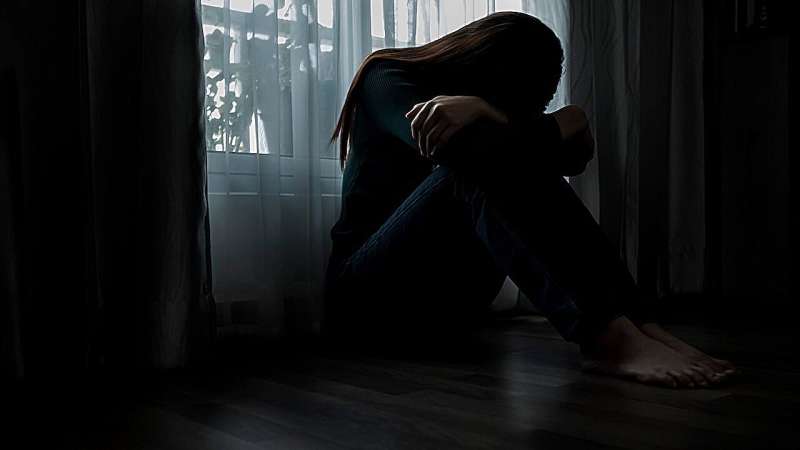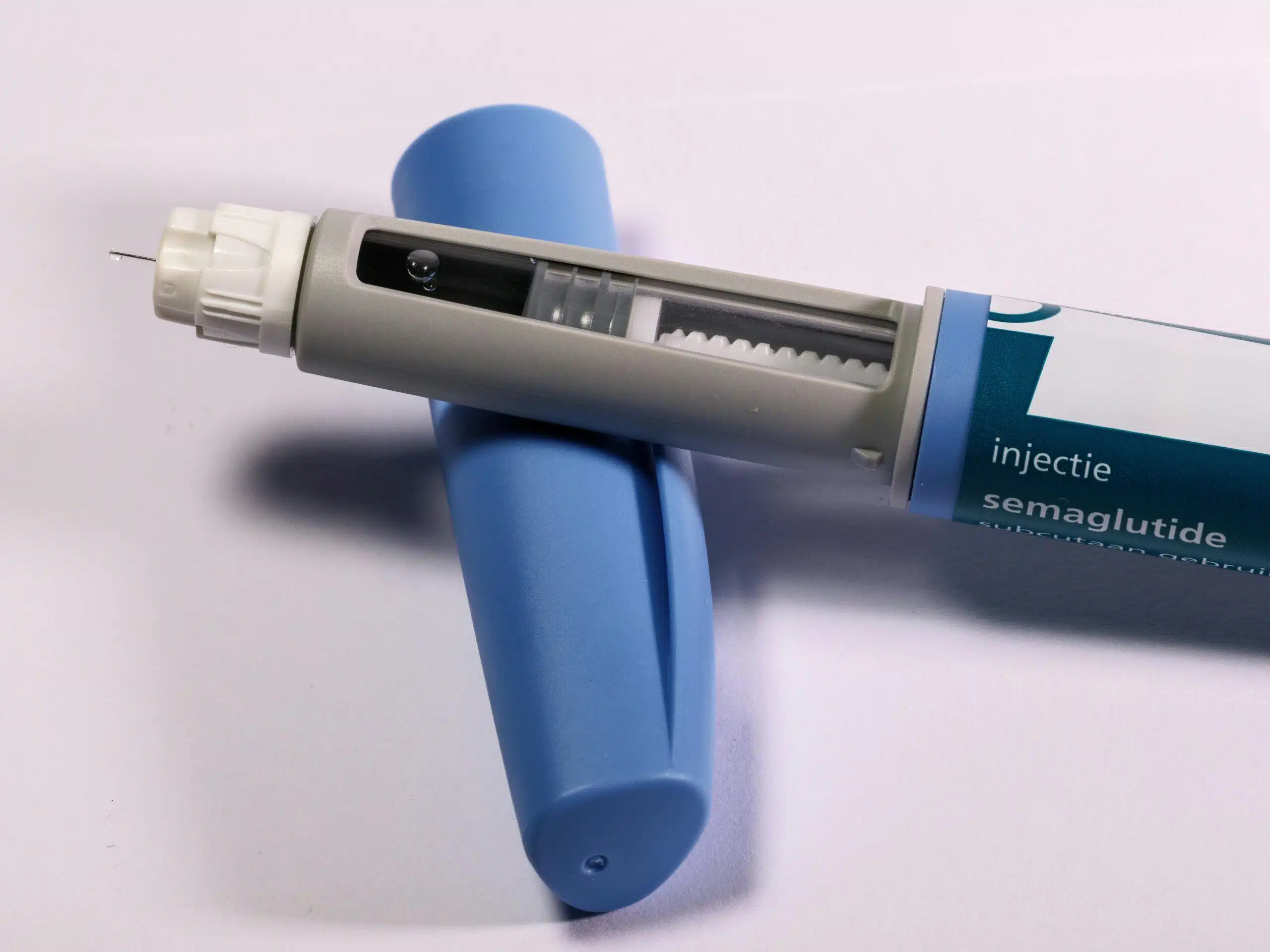Most Epilepsy Patients Wait a Year After Starting Treatment for Seizure Relief
Antiseizure medications help many people with focal epilepsy, a common form of the neurological disorder. Accounting for about 60% of people with epilepsy, focal epilepsy occurs when nerve cells in a certain brain region send out a sudden, excessive burst of electrical signals. This uncontrolled activity, referred to as a focal seizure, can cause problems such as abnormal emotions or feelings and unusual behaviors.
A recent study looked at patients who may not respond to the first antiseizure medication or regimen prescribed but are responsive to another medication tried later in their treatment journey. A possible explanation is that physicians are not selecting the ideal antiseizure therapy on their first try. Results for nearly 450 men, women, and teens newly diagnosed with the disorder revealed that while more than half would eventually receive a medication or regimen that worked for them, major improvements were not achieved until an average of 12 months. Many needed even longer to find relief.
“Our findings suggest that those with focal epilepsy should expect a long adjustment period as their health care provider determines the best treatment regimen for them,” said study senior author and neurologist Jacqueline French, MD.
Thirty-four epilepsy centers in the United States, Europe, and Australia participated in the study. The team collected data about patients’ medical histories, demographic factors such as sex and race, and the details of their epilepsy diagnoses, including seizure frequency, the age of onset, and MRI readings. All were provided annual follow-ups for either three or six years. During this time, participants tracked their seizure frequency as well as the time, duration, and type of episode. The study volunteers also reported information about their antiseizure medications, noting the type, dose, and reasons for discontinuing a regimen. Patients were considered seizure-free if they did not have a seizure for at least a year (or longer if their seizures were infrequent).
The study further showed that together, 63% of all participants experienced ongoing or even worsening seizures during the first year of therapy, whether or not they would eventually find relief. Notably, those who had seizures only a few times per year before treatment were more likely to respond to medication than those who had them weekly.
In addition, participants with a history of psychological disorders such as anxiety and depression were almost twice as likely to experience drug resistance as those without such a history.
Next, the researchers plan to more closely examine those who did not become seizure-free during the study period.







